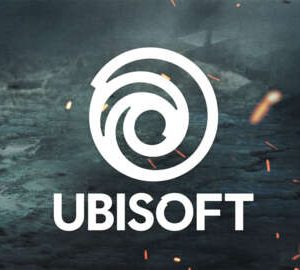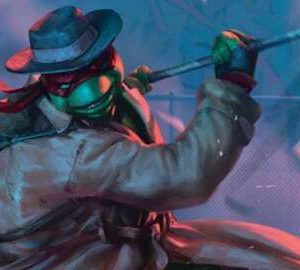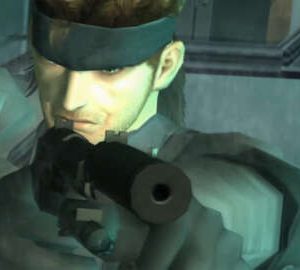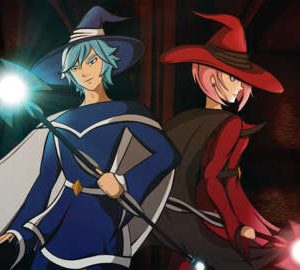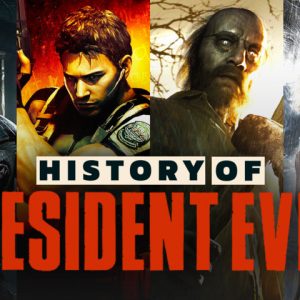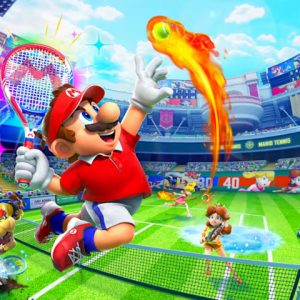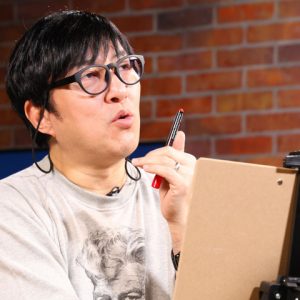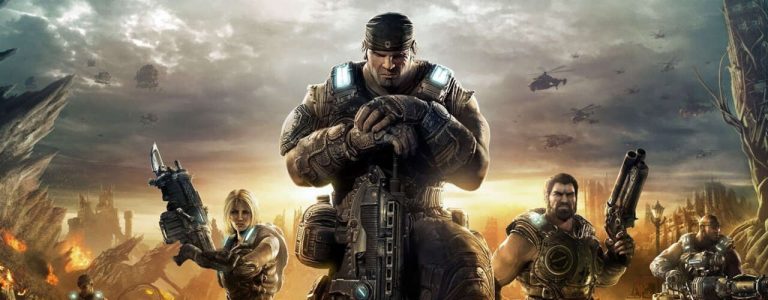
A few weeks ago, Nepal instituted a ban on PlayerUnknown’s Battlegrounds, an unprecedented move to ban a specific game based on zero actual reports. Nepal’s Telecommunications Authority had heard from parents that the game was too addictive, so they took the rather extreme move of banning the game from the country. It did not take long for the Nepalese courts to overturn the ban on freedom of expression grounds.
According to The Himalayan Times, multiple players of the game filed an injunction against the government that temporarily halted the ban almost immediately after it was announced. The motion required the Nepalese telecom authority to prove that the game was dangerous and/or addictive enough to actually warrant banning, something that would prove mildly difficult. As the telecommunications authority could not do this, they declined to fight this claim.
Moreover, the petitioners argued that any game that can be played online is inherently an act of expression. The act of playing the game with people would thus be protected under the freedom of expression. While Nepal actually does have the right to put prohibitions on the freedom of expression, their inability to prove how PUBG would warrant curtailing it meant that was a dead-end for the government.
While the Nepalese government had ordered internet service providers to block all traffic from PUBG servers on April 11, it is not clear if any provider actually did that.
[Source: The Himalayan Times]






